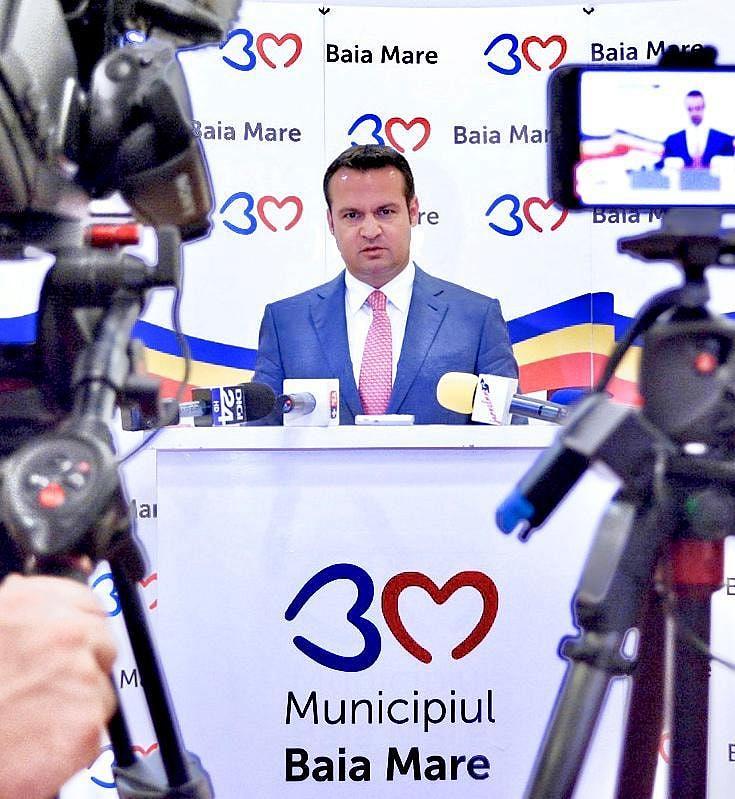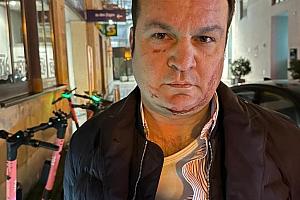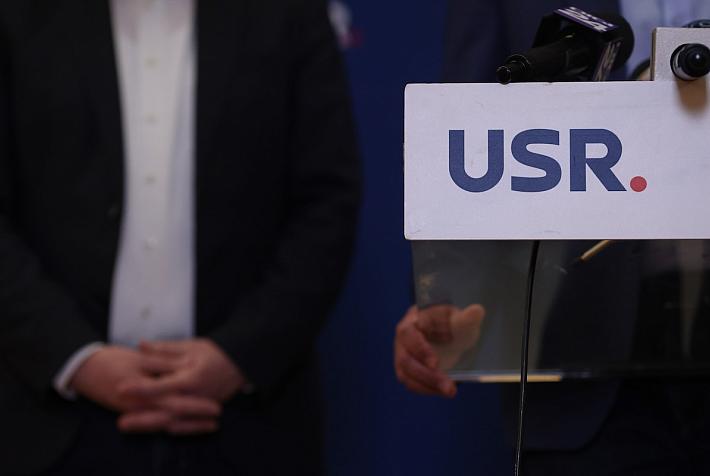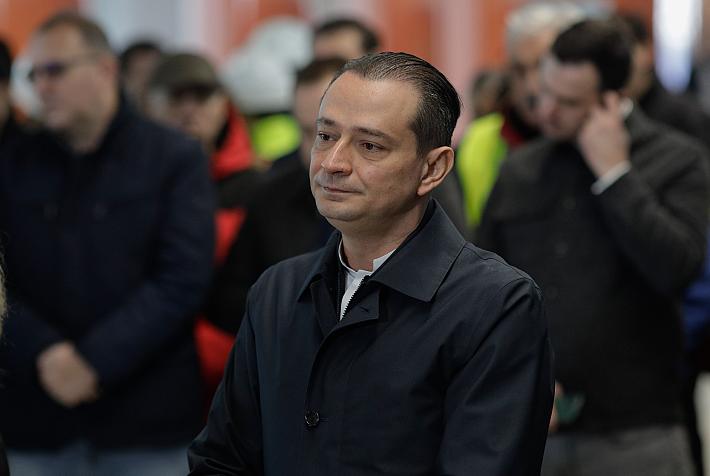Germany to hand over fugitive mayor to Romania to serve out his prison sentence

A court in Munich, Germany, recently decided that the fugitive Cătălin Cherecheș, mayor of Romania’s north-western city of Baia Mare, is to be handed over to Romania to serve his 5-year prison sentence for bribery.
Cherecheş was indicted by the DNA on May 20, 2016, for bribery after allegedly receiving RON 70,000 (EUR 14,000) from a person in the management of CS Fotbal Club Municipal Baia Mare to financially support the club. He was sentenced to 5 years in prison last November and later put on the wanted list after the police did not find him at home or at work. It was later uncovered that he had fled the country and was apprehended in Germany.
Once brought back to the country, Cătălin Cherecheș will serve his sentence in a Romanian penitentiary.
"I would like to note that it has been 4 months since the final conviction and since Cătălin Cherecheș decided to flee Romania. From that moment, he and his team of lawyers tried all sorts of tricks to evade serving his prison sentence. They even invoked the conditions of Romanian prisons, so I communicated to the authorities in Germany that the Romanian penitentiary system fully respects the conditions stipulated by the European Court of Human Rights," justice minister Alina Gorghiu said, cited by G4Media.
The minister noted that improving legislation so that Romanian fugitives are brought back to face the law has been one of her key priorities.
"Firstly, there is the law that will consider 'escape' any case of failing to report to the police within 7 days from the moment the final conviction was issued, and the second law refers to obliging the fugitive to bear the expenses of being brought back to the country. If a convict had the money to flee the country, he certainly has the resources to pay for his extradition," Gorghiu commented.
The cost of extraditing fugitives bears down on the state budget. Last year alone, Romania spent RON 10 million (EUR 2 million) to bring back 803 fugitives, the justice minister said. Among the fugitives brought back last year, 120 were from Italy. So far this year, Romania has recovered another 178 convicted fugitives.
In connected news, Italy’s justice minister, Carlo Nordio, recently announced the signing of a cooperation agreement with his counterpart from Romania, Alina Gorghiu, aimed at intensifying bilateral judicial cooperation, both in criminal and civil matters. While Italian politicians in the right-wing Fratelli d'Italia governing party cited by G4Media highlighted that the agreement would ease the overcrowdedness in Italian prisons, Gorghiu noted that it would facilitate the return of Romanians fleeing justice back home.
(Photo source: Catalin Chereches on Facebook)












